SUMMARY
This is AI generated summarization, which may have errors. For context, always refer to the full article.
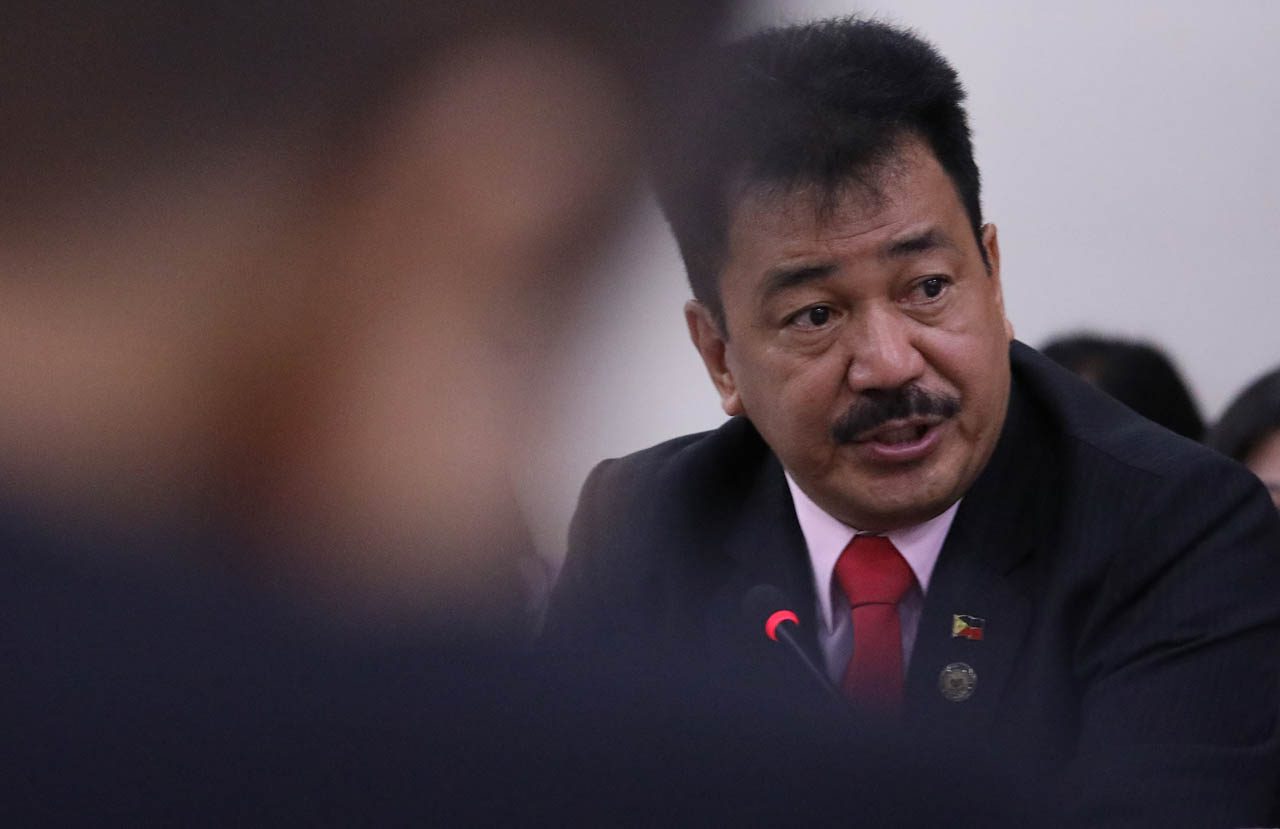
The Commission on Higher Education (CHED) on Tuesday, November 17, rejected calls for a unilateral suspension of classes in the country or in Luzon due to the recent disasters in parts of the country, saying this decision is best left to schools.
In an interview with CNN Philippines, CHED Chairperson Prospero de Vera III said that colleges and universities are in the best position to decide on the matter since “different schools and different families are affected differently.”
De Vera made the statement when asked to respond to calls for a unilateral suspension of classes in the country or in Luzon, which was recently battered by typhoons. He said that this is “not a good policy.”
“No to both. Especially, for the nationwide academic break because the impact of the typhoon and the disasters are different across different parts of the country. No also to Luzon-wide because the universities are also deciding on it,” De Vera said.
Calls for an academic break resurfaced following the consecutive typhoons that battered the country in the past weeks, affecting students’ access to education due to loss of electricity, internet connection, and the destruction their homes.
In early November, Super Typhoon Rolly (Goni) caused extensive damage particularly in the Bicol region, and damaged at least 226 schools. Still recovering from Rolly, Luzon on November 11 then bore the brunt of yet another storm – Typhoon Ulysses (Vamco).
On Sunday, November 15, several colleges and universities announced that they would implement academic breaks in November following the recent disasters.
Faculty members from the University of the Philippines (UP) signed a petition calling for the university administration to “end the semester immediately” due to remote learning woes. While students from Ateneo de Manila University pledged to go on academic strike starting Wednesday, November 18, calling out the government for neglecting Filipinos during the consecutive typhoons that ravaged the country.
The CHED en banc decided to extend the classes of public universities and colleges so they can finish the semester, said Presidential Spokesman Harry Roque in a press briefing on Tuesday in Alcala, Cagayan.
“Ang desisyon po ng CHED, hindi po papayagan itong academic break na hinihingi ng ilan kundi ang desisyon ng en banc ng CHED ay mag-extend po ang mga pamantasan, mga kolehiyo na hindi po na nakapagklase dahil sa bagyo ng one or two weeks para po matapos ang kanilang semestre,” Roque said.
(The decision of CHED is to reject the call for an academic break. The decision of CHED en banc is that universities and colleges that suspended classes because of the typhoon can extend their classes by one or two weeks so they can finish their semester.)
Compressing semester a ‘difficult’ process
Reacting to UP’s decision to compress the semester, De Vera said that “compressing the semester in 13 weeks is a very difficult process.”
“I am concerned with the impact on this to students and faculty,” De Vera said.
UP reduced the first semester from 16 to 13 weeks due to the pandemic and the recent calamities.
De Vera said that most universities and colleges are keeping their 18 weeks of classes for the first semester and that a week of no classes is “not a problem.”
The CHED chief also did not favor the call of UP faculty members to end the semester immediately.
“You could extend the semester so there is no reason to unilaterally suspend the whole learning process. There are many ways to continue learning. If there are problems on online connection, you can do asynchronous learning, you can do it by modules,” De Vera said.
“It’s going to be ironic that the country’s premier university will surrender and suddenly say, ‘we cannot continue learning.’ A lot of schools are able to do it successfully this semester,” he added.
Schools in the country opened in the middle of the pandemic using distance learning – a mix of online learning and modules – following President Rodrigo Duterte’s directive to suspend face-to-face classes until a coronavirus vaccine becomes available. – With a report from Pia Ranada/Rappler.com
Add a comment
How does this make you feel?
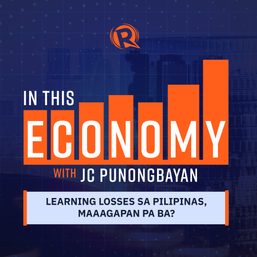
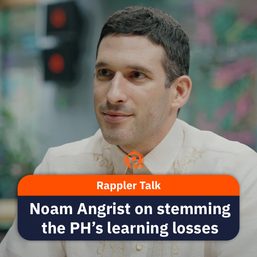
![[EDITORIAL] Ano sana ang takeaway ni Sara Duterte sa firesale ng mga laptops?](https://www.rappler.com/tachyon/2023/05/animated-DEPED-laptop-fiasco-carousel.jpg?resize=257%2C257&crop_strategy=attention)
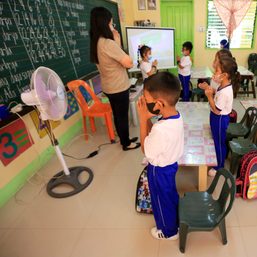
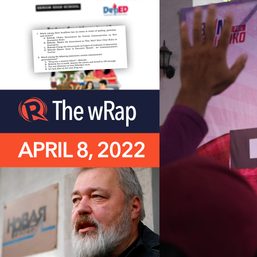
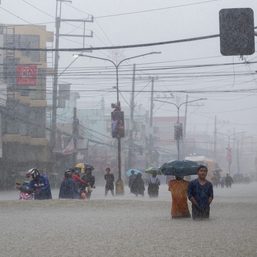

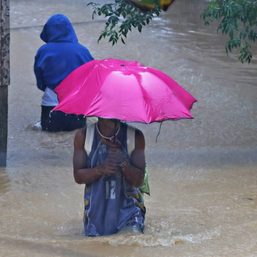
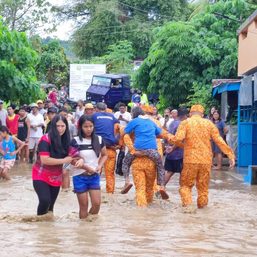
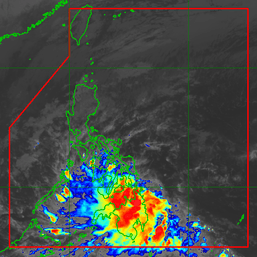
There are no comments yet. Add your comment to start the conversation.